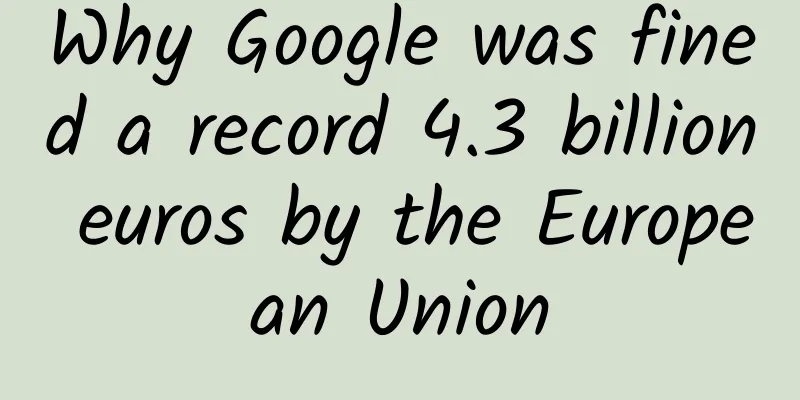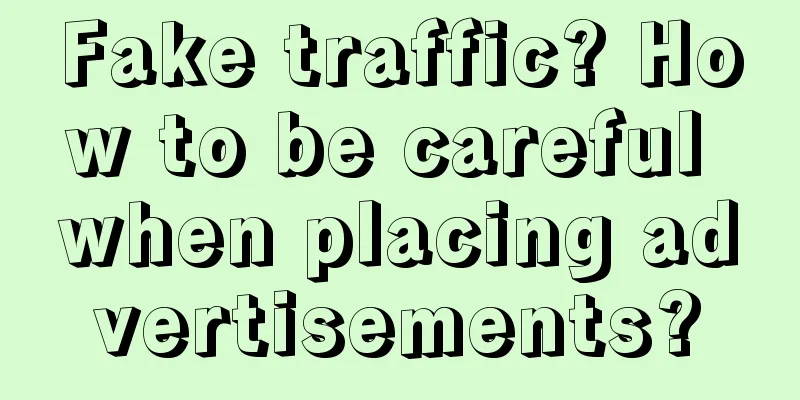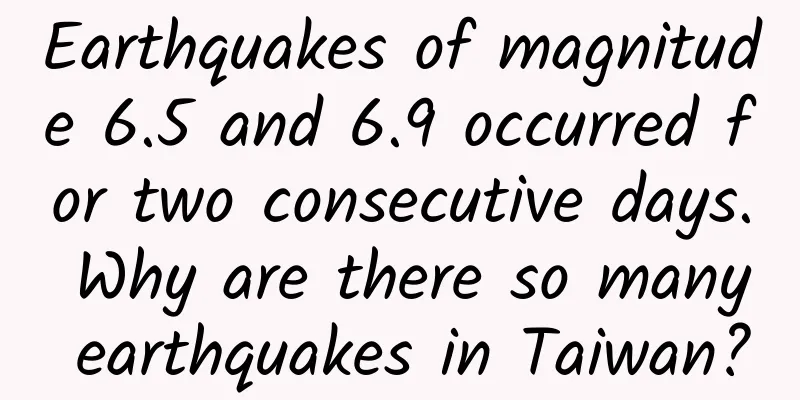Why Google was fined a record 4.3 billion euros by the European Union

|
On July 18, at 7:00 pm Beijing time, the European Commission fined Google approximately 4.33 billion euros (approximately 5 billion U.S. dollars). This fine also set a new record for global antitrust fines. Google later stated in a statement that it would appeal the EU fine. 1. Why did the EU fine Google? The European Commission began investigating whether Android was suspected of unfair competition in April 2015 after receiving a complaint from Fairsearch, a trade group initiated by Microsoft, Nokia, Oracle and other companies. At the time, Android had 64% of the European mobile phone market, but today it has grown to 74%, according to market research firm Statcounter. After investigation, the EU considered that some restrictions on Google's Android operating system were illegal, which is an important source of revenue for Google. The European Commission then made three specific charges of anti-competitive behavior, saying: 1. Google requires Android phone and tablet manufacturers to set Google as the default search engine and pre-install the Chrome browser on the device, which will allow them to enter the app store Play; 2. Google prohibits manufacturers from selling mobile devices equipped with operating systems written by competitors based on Android open source code; 3. Google gives device manufacturers and mobile network service providers financial incentives to offer its own search service as the only pre-installed option. Margrethe Vestager, European Commission Commissioner for Competition: Google's practices are illegal and violate EU antitrust laws. This practice prevents other companies from gaining a competitive advantage and innovating. More importantly, it also prevents consumers from benefiting from comparisons and making real choices. 2. What impact might this fine have on Google? This huge fine imposed on Google will affect the search giant's ability to continue pre-installing its services on Android smartphones and tablets, and more third-party application developers will benefit from it. The more important impact of this penalty is an additional clause that allows mobile phone manufacturers to freely choose to install non-Google applications on the Android system. Currently, about 80% of mobile devices in the world use the Android system, so this will bring greater development opportunities to application developers. This will be the most significant move in the EU's eight-year antitrust battle with Google. This will hit directly at the core strategy of Google for the past 10 years - more than 80% of smartphones in the world use the Android operating system; in Europe, more than 90% of Android device app downloads come from the Google Play Store. This system is crucial to Google's future revenue. Google's Android operating system brings its services to billions of users, including apps such as YouTube, Google Maps and the App Store. Any weakening of Google's pre-installed apps could shake up the search giant's core business. 3. The EU has repeatedly issued fines to Google. What are the reasons? This is not the first fine issued by the EU to Google. On June 27, 2017, the European Commission issued a statement pointing out that after entering the shopping comparison market, Google used its dominant position in online search to manipulate search results and unfairly direct customers to its own shopping services. Google entered the European shopping comparison market in 2004. Since 2008, Google has used its powerful web search engine to promote the company's "Google Shopping" service, causing a surge in traffic for "Google Shopping" and a sharp drop in traffic for other shopping comparison services. The European Commission began investigating Google's behavior in 2010. Last June, after a seven-year investigation, the European Commission ruled that Google abused its dominant position in the search engine market and provided illegal advantages to other Google products (comparison shopping services), and therefore issued a 2.42 billion euro (about 2.7 billion U.S. dollars) fine to the company. At that time, this penalty was the largest antitrust fine in the European Union. EU fines for tech companies ranked 4. Which other tech giants has the EU issued fines to? From 2013 to June 21, 2017, the European Commission fined a total of 8.472 billion euros (9.54 billion U.S. dollars) to various companies for violating antitrust laws. According to statistics from the European Commission, the year with the lowest amount of fines issued by the Commission was 2015, when a total of 364 million euros was fined; the year with the highest amount was 2016, when it was 3.726 billion euros. If the statistics are traced back to 1990, when the European Union was first established, the total amount of fines issued by the Commission increased to 26.75 billion euros. In addition to Google, which other technology companies have been fined by the European Commission? Intel: 1.06 billion euros Before the sky-high fine faced by Google, the largest antitrust fine issued by the European Commission was a 1.06 billion euro fine imposed on chip giant Intel in 2009 for abusing its dominant position in the CPU market. The European Commission said that from 2002 to 2007, Intel provided rebates to manufacturers in the x86 CPU market who purchased all their CPUs only from Intel, and paid a large retailer directly to purchase and stock only computers equipped with Intel CPUs, all of which violated antitrust laws. Microsoft: 899 million euros, 561 million euros Microsoft has faced fines from the European Union more than once. In 2004, the European Commission found that Microsoft had abused its market dominance and ordered the company to disclose all files that enable non-Microsoft operating systems to work and provide services on Windows computers. In February 2008, the European Commission fined Microsoft nearly 900 million euros for "unreasonable patent fees." In March 2013, the European Commission fined Microsoft 561 million euros for failing to comply with a rule requiring users to more easily choose a commonly used web browser. Telefonica: 151 million euros In July 2007, the European Commission fined Spanish telecommunications company Telefonica 151 million euros for its unfair pricing practices in the Spanish broadband market over a five-year period. Neely Kroos, the European Commissioner for Competition, believed that Telefonica not only raised the costs of its competitors, but also seriously damaged consumer rights. Philips, Samsung Electronics, Infineon Technologies: 138 million euros In September 2014, the European Union fined Philips, Samsung Electronics and Infineon Technologies 138 million euros (US$181 million) for conspiring to fix SIM card prices. Facebook: €110 million In May 2017, the European Commission fined Facebook 110 million euros in connection with its acquisition of WhatsApp. Facebook bought the WhatsApp messaging service for $19 billion in 2014, but submitted misleading information about the acquisition to the European Commission, violating EU merger rules. EU Competition Commissioner Vestager said in a statement that the fine was "moderate and a serious warning." Special recovery - Apple: €13 billion (unpaid taxes) The European Commission did not issue a fine to Apple, but an order to pay back taxes. In August 2016, the European Commission determined that the technology giant Apple had received illegal tax benefits of up to 13 billion euros in Ireland. The European Commission said in its report that an EU investigation into state aid found that Ireland's preferential tax rules for Apple meant the company's "actual tax rate on international sales fell from 1% in 2003 to 0.005% in 2014." In addition to the above companies, Qualcomm was also fined by the European Commission for suspected monopoly, and Twitter was also fined for improper remarks. Overall, the reasons why the European Commission issued fines to these technology companies mainly include suspected monopoly (Google, Microsoft, Qualcomm, Intel), tax arrears (Apple, Amazon), privacy violations (Facebook, Google), misleading information (Facebook), and improper speech (Facebook, Twitter), etc. The EU's regulation of the Internet industry is becoming more stringent, extending from antitrust to user privacy. For this reason, American technology giants such as Google and Facebook have rewritten their user policy terms to comply with the EU's new data protection regulations. I wonder who will be the next company targeted by the European Commission? |
>>: 51CTO Developer Competition Finals Roadshow + Expert Sharing
Recommend
How much does it cost to attract investment in Changsha Perfume Mini Program?
How much does it cost to attract investment in Ch...
An article to understand the best route to learn Android
[[155803]] Preface I saw an article saying "...
Rocky Mountain Institute: China's chemical industry's zero-carbon path under the goal of carbon neutrality
The chemical industry is broadly defined as the p...
Where can I drink and taste tea in Changsha? Reliable high-end takeaway delivery in Changsha, Changsha nightlife tea tasting recommendations
Where can I drink and taste tea in Changsha? 185-...
China’s manufacturing industry is going astray: starting from Gree Air Conditioner making mobile phones
Gree, which has always focused on air conditioner...
Alibaba IPO: 5 big winners and 5 big losers
According to foreign media reports, Alibaba offic...
The former product operations director of Maopu.com talks about ten insights on new media operations
I should be considered as one of the first new me...
Why did life evolve the function of death?
Survival or destruction? This is not only a philo...
How to solve the problem of active WeChat groups? Teach you 4 big moves!
Combining the relevant content of the community c...
Detailed explanation of Tik Tok short video promotion and sales!
Since the development of short videos to goods, f...
"New Jingdong Small Project" Mobile phone batch brick-moving gameplay, one mobile phone daily earning 2000+
Training course video lecture content introductio...
7 Signs You're a Bad Programmer
Are you a good programmer or a bad programmer? He...
A Sen's "Buying National Fortunes - Diagnosing the Future Trends of China's Economy" Audio
A Sen's "Buying National Fortunes - Diag...
It was invented by accident only a hundred years ago.
The story begins in the late 19th century in the ...
Can you believe that a house can be built with bacteria and fungi?
Produced by: Science Popularization China Author:...









